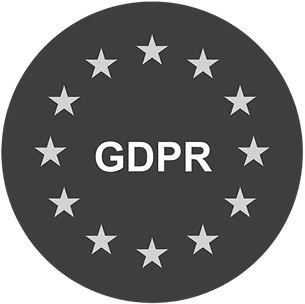In today's episode, we talk to Bronte Coyne, Global Senior Customer Experience Manager at Unity, about how Unity's support team has had to scale and evolve to support areas of huge growth over the last few years.
Find out how Bronte's team were able to adjust and adapt through an enormous 40% ticket increase in 2020, and a further 20% increase in 2021, while adapting to working from home in the pandemic, and still striving to provide excellent experiences for their users.
Watch the full episode to hear Bronte's tips on how you can scale your support during periods of growth, or read the highlights below 👇
How did your team adjust to handling such a surge of growth while also dealing with the pandemic?
The pandemic was a little bit of a catalyst for the increase itself, but it also had a massive impact on how we handled the increase as well, our priorities shifted in some sense.
The challenge was, not only the increase in ticket volume, but also people had to adjust to working from home as well, so we had to focus on ways that we could work together online to communicate and stay connected, while also onboarding and up-skilling agents as quickly as we could.
We made sure we had daily stand-ups and used chat channels to replicate the kind of conversations we'd be having in the office, and I think for me that was the most important thing during that time. Having those channels of communication and having that team culture in place, regardless of what is thrown at you, whether it is a really high ticket increase or a pandemic, it makes things a little easier to have that open communication.
On the task based side of it, prioritisation was important, making sure that users who were blocked from using our products or had time sensitive issues were seen to first.
How did you identify and prioritise time sensitive tickets?
We had to look at the issues coming through that were causing the biggest blockers to customers, such as, is a user's account blocked? Are they blocked from paying for the product that they want to get set up and using?
We also have a prioritised service for our paid pro and enterprise users, which means that they get a response within 24 hours, so we were also making sure those tickets were being dealt with within that time frame.
It's important to note that all users' issues are important, we want to provide a good service and fast responses to everyone, but having that certain level of service for our paid users is one natural way to prioritise in some way, and of course we try to enable as many users to self-serve as we can.
How have you structured your knowledge centre to help make support more efficient for customers?
We've been building our knowledge base up over the past five or six years. It's still evolving, but it is something that I'm very proud of the team for.
The number of articles we have is I think 600 or over, and ever growing, and we have a small knowledge base admin team who deal with the writing and the maintenance of it and onboarding any new information that we need.
Currently we are piloting KCS to streamline the process and get the knowledge base working as best as it can. That process aligns with building internal knowledge as well and fact checking and keeping it all in one place.
One other thing with self-serve that we're implementing currently is an AI bot to allow users to self-serve in a more personal way and get the answer that they need in that moment whilst also being directed to a team member if that's what they would prefer.
Music: Savour The Moment by Shane Ivers - https://www.silvermansound.com
.svg)




.svg)





